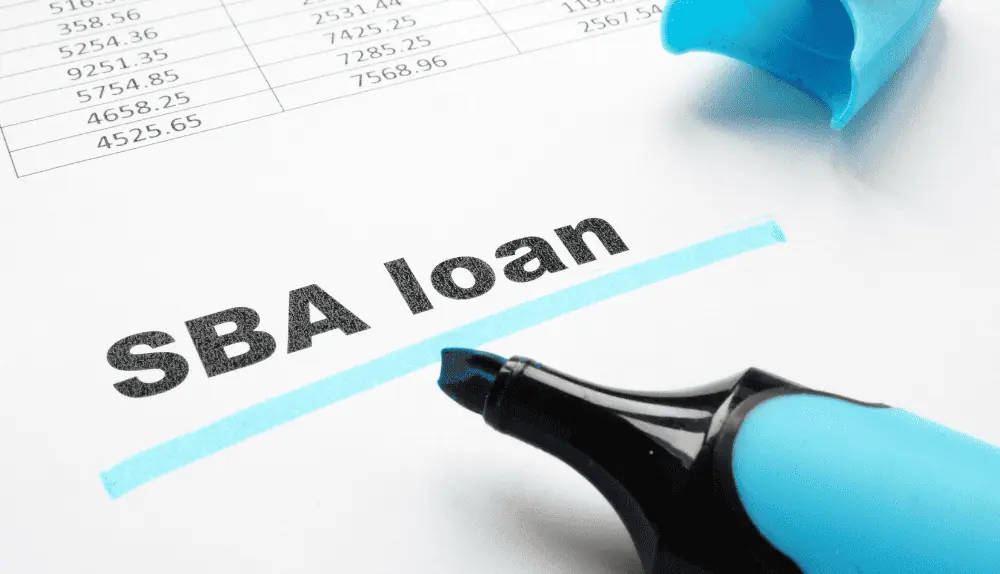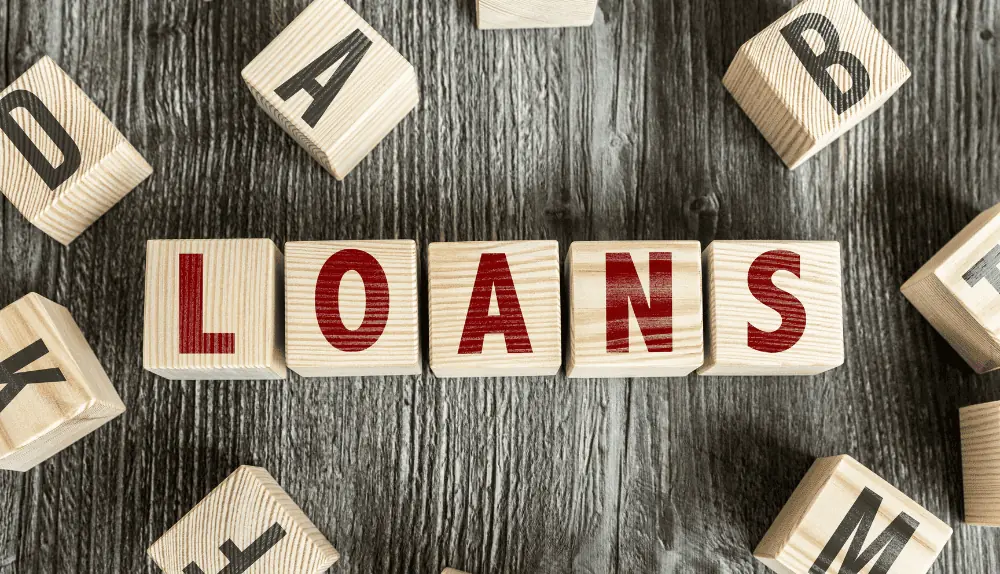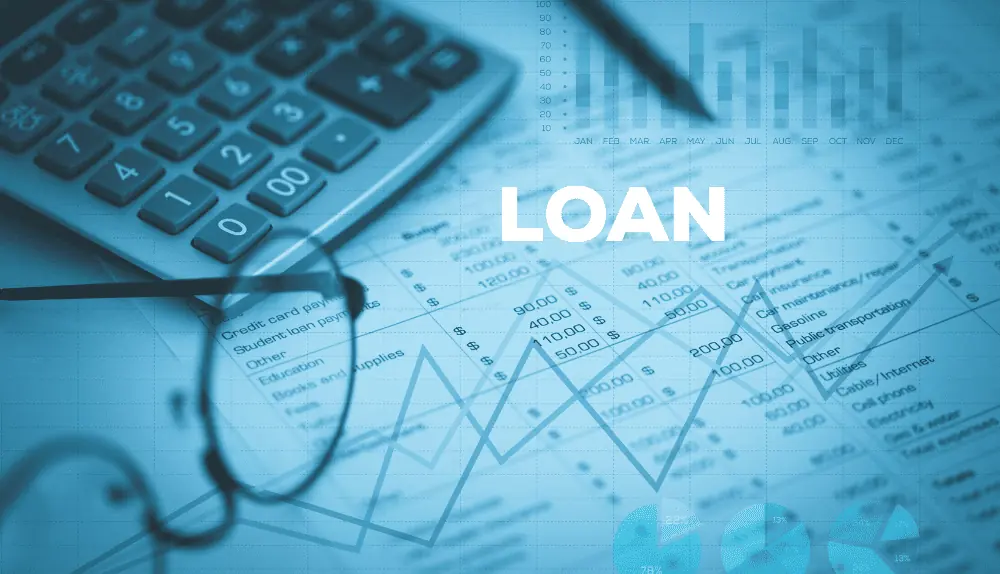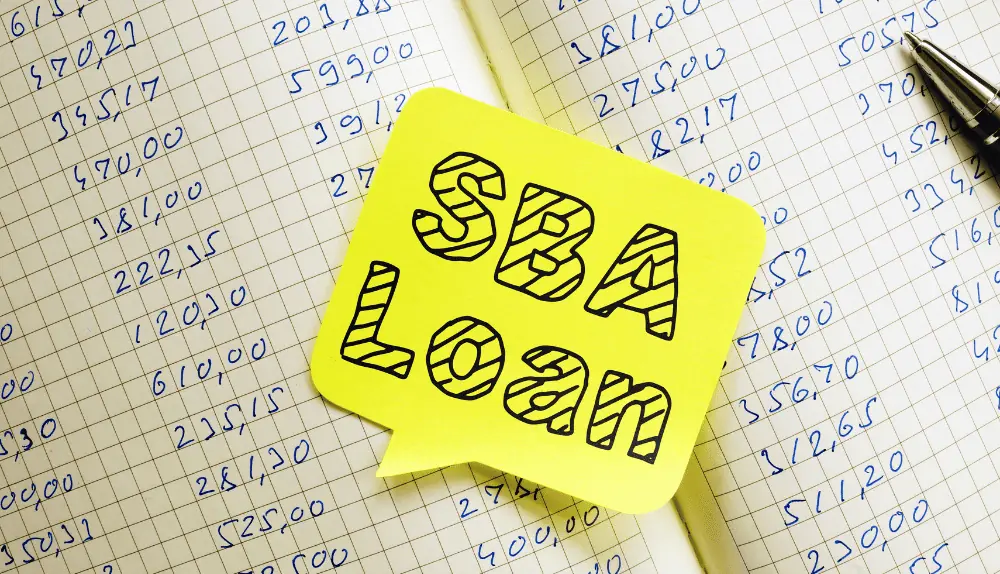Are you an ambitious entrepreneur ready to turn your business dreams into reality? Then you’ve probably wondered, with eager anticipation, just how long it takes to secure that much-needed SBA loan. In the fast-paced world of business, time is of the essence, and every day counts. From the bustling streets of New York City to the sun-soaked beaches of California, entrepreneurs across the nation eagerly await the answer to this burning question.
So, let’s embark on a captivating journey through the intricacies of the Small Business Administration (SBA) loan process, where we’ll uncover the secrets behind the timeline and discover how long does it take to get an SBA loan. Get ready to uncover the truth, for in this realm; time is not just money—it’s the very foundation upon which your entrepreneurial dreams are built.
How Long Does it Take to Get an SBA Loan? The SBA Loan Process

The Small Business Administration (SBA) is a government agency in the United States that aims to support small businesses by providing loans and other forms of financial assistance. SBA loans are popular among entrepreneurs due to their low-interest rates, longer repayment terms, and more flexible eligibility requirements than traditional bank loans. However, the SBA loan process involves several steps, which can impact the time it takes to get approved.
Preparation and Documentation
Before you even begin the application process, it’s crucial to prepare all the necessary documentation. This includes your business plan, financial statements, tax returns, bank statements, and other relevant documents. Properly organizing and submitting these documents can expedite the loan approval process significantly.
Choosing the Right SBA Loan Program
The SBA offers various loan programs, each catering to different business needs. The most common types are the 7(a) loan program, CDC/504 loan program, and the microloan program. Researching and selecting the appropriate loan program based on your business requirements is essential to avoid delays later in the process.
Finding a Qualified Lender
SBA loans are not directly provided by the Small Business Administration. Instead, they are issued by participating lenders, such as banks, credit unions, and nonprofit organizations, who work with the SBA. Finding a qualified lender experienced in SBA loans can streamline the process and increase your chances of approval.
Loan Application Submission
Once you have chosen a lender, you will need to complete the loan application, which includes detailed information about your business, personal finances, collateral, and the loan amount you are seeking. Accuracy and completeness are crucial at this stage to avoid delays caused by missing or incorrect information.
Lender Review and Decision
After submitting your loan application, the lender will review it thoroughly. This process includes evaluating your credit history, business financials, repayment ability, and collateral. The length of the lender’s review can vary depending on their workload and the complexity of your application.
SBA Approval and Loan Closing
If the lender approves your loan application, they will submit it to the SBA for final approval. The SBA performs its due diligence, verifying the lender’s decision and ensuring compliance with its guidelines. This step can take several weeks, as the SBA receives numerous loan applications and must prioritize and process them accordingly. Once the SBA approves the loan, the lender will prepare the loan closing documents, and you will sign the necessary paperwork.
Loan Disbursement
After the loan closing, the lender will disburse the approved funds to your business account. The timing of disbursement depends on various factors, such as the lender’s internal processes and any additional requirements they may have.
While there is no fixed timeline for obtaining an SBA loan, the entire process can typically take several weeks to a few months. Factors such as the preparedness of your documentation, the lender’s efficiency, the complexity of your application, and the SBA’s workload all play a role in determining the duration. It is crucial to be patient, proactive, and well-prepared throughout the process to minimize delays and maximize your chances of securing the loan.
Remember, the SBA loan process is not just about the time it takes. It is also an opportunity for you to fine-tune your business plan, strengthen your financials, and demonstrate your dedication to your entrepreneurial vision. So, embrace the journey, stay persistent, and soon enough, you’ll be one step closer to transforming your aspirations into a flourishing reality with the support of an SBA loan.
How Long Does it Take to Get SBA Loan Approval?

The timeline for SBA loan approval can vary based on several factors. While there is no definitive answer, it typically takes anywhere from several weeks to a few months to get SBA loan approval. Let’s take a closer look at some of the factors that can influence the timeline:
Completeness of Application
The time it takes to get SBA loan approval starts from the moment you submit a complete and accurate loan application. If your application is missing any required information or documentation, it may lead to delays. It’s essential to ensure that you provide all the necessary details and supporting documents to avoid any unnecessary hold-ups.
Lender Review Process
Once you submit your application, the lender will review it thoroughly. This review includes assessing your creditworthiness, evaluating your business’s financials, and determining your eligibility. The length of this review process can vary depending on the lender’s workload, internal processes, and the complexity of your application.
SBA Processing Time
If the lender approves your loan application, they will then submit it to the Small Business Administration for final approval. The SBA performs its due diligence to verify the lender’s decision and ensure compliance with its guidelines. The SBA receives a significant number of loan applications, and their processing time can be affected by factors such as workload, prioritization, and any additional documentation or clarifications required.
Loan Program and Size
The specific SBA loan program you are applying for can impact the timeline as well. Some loan programs, such as the SBA 7(a) loan program, tend to have more extensive application processes and may take longer to approve compared to other programs like the SBA Express loan program. Additionally, larger loan amounts may require additional scrutiny and documentation, potentially lengthening the approval timeline.
Communication and Proactivity
Clear and consistent communication with your lender and responsiveness to any additional information requests can help expedite the process. Being proactive and promptly providing any requested documents or clarifications can prevent unnecessary delays.
It’s important to note that the above timeline is a general guideline, and individual circumstances can vary. Some applicants may experience a quicker approval process, while others may face delays due to specific situations or complexities in their applications. To get a more accurate estimate for your particular case, it’s advisable to consult with your lender and gather information about their average processing times and any specific requirements they may have.
Overall, patience and proactive engagement are key during the SBA loan approval process. By staying organized, providing complete and accurate information, and maintaining open communication with your lender, you can help facilitate a smoother and potentially faster approval timeline.
Factors that Affect the Loan Processing Time

Several factors can influence the processing time for a loan. While these factors can vary depending on the type of loan and the lender, here are some common factors that can impact the loan processing time:
Loan Type and Complexity
The type of loan you are applying for, and its complexity can significantly affect the processing time. For example, a simple personal loan may have a quicker turnaround compared to a commercial real estate loan that requires extensive documentation and evaluation. Loans with more detailed requirements and collateral considerations often take longer to process.
Creditworthiness and Financial History
Lenders typically review an applicant’s creditworthiness and financial history to assess their repayment ability and risk level. If your credit history is complicated or requires further investigation, the lender may take longer to process your application. Additionally, if your financial statements or tax returns are incomplete or raise questions, it may lead to delays as the lender seeks clarification.
Lender’s Workload
The volume of loan applications a lender receives, and their current workload can impact the processing time. If a lender is dealing with a high number of applications or has limited resources, it may take longer for them to review and process your loan application.
Collateral Evaluation
Loans that require collateral, such as real estate or equipment loans, often involve an evaluation process to determine the value and condition of the collateral. This evaluation can add time to the loan processing, especially if there are complications or discrepancies in the collateral assessment.
Underwriting and Due Diligence
Lenders conduct underwriting and due diligence processes to assess the risk associated with a loan. This involves reviewing the applicant’s financials, verifying information, and ensuring compliance with lending regulations. The thoroughness of these processes can vary among lenders, with some having more rigorous evaluations, which may prolong the loan processing time.
Communication and Responsiveness
Timely communication and responsiveness from both the borrower and the lender are vital for a smooth loan processing experience. If there are delays in providing the requested information or if there is a lack of communication, it can result in a longer processing time.
Final Words
In conclusion, the processing time for a loan, including an SBA loan, can be influenced by various factors. From the type and complexity of the loan to the completeness of the application, creditworthiness, the lender’s workload, and the thoroughness of underwriting processes, each aspect plays a role in determining the timeline.
Additionally, effective communication, responsiveness, and proactive engagement with the lender can help expedite the process. While there is no definitive answer to how long it takes to get a loan approved, being prepared, organized, and patient throughout the application process can increase the chances of a smoother and potentially faster approval.
It is advisable to consult with the lender directly for specific information regarding their processing times and requirements. Remember, obtaining a loan requires a balance of diligence and patience, as it is an essential step towards realizing your business goals and aspirations.
Frequently Asked Questions (FAQs)
What types of businesses are eligible for an SBA loan?
Depending on the particular loan program, different individuals may not meet the requirements for an SBA loan. In general, small firms that are profitable, operate in the United States, and meet the SBA’s size guidelines may be eligible. However, depending on the industry, loan program, and loan purpose, particular eligibility requirements may vary.
How long does it take to get an SBA loan approved?
The complexity of the loan application, the lender’s workload, and the particular loan program can all affect how quickly an SBA loan is processed. Typically, getting an SBA loan clearance takes a few weeks to a few months. You should speak with your lender for a more precise estimate depending on their procedures and the current situation.
What can I use an SBA loan for?
SBA loans can be used for various business purposes, such as starting a new business, purchasing equipment or inventory, refinancing existing debt, expanding operations, and even for disaster recovery. However, it’s important to review the specific guidelines and restrictions of the loan program you are applying for to ensure your intended use is eligible.
How much can I borrow with an SBA loan?
The loan amount you can borrow with an SBA loan depends on the specific loan program and your business’s financial situation. The SBA sets maximum loan limits for each program, and the actual amount you qualify for is determined based on factors such as your creditworthiness, cash flow, collateral, and the purpose of the loan.

